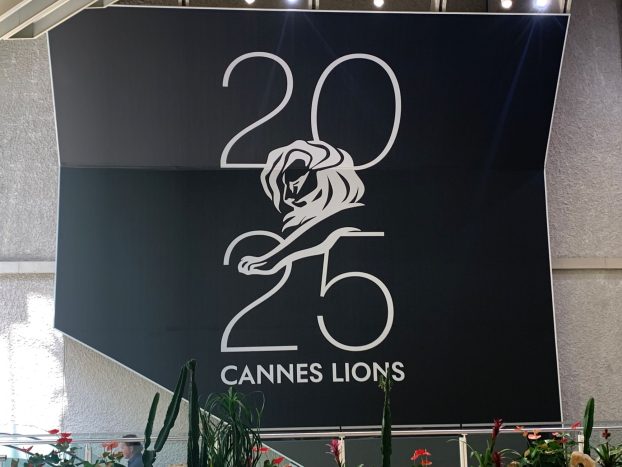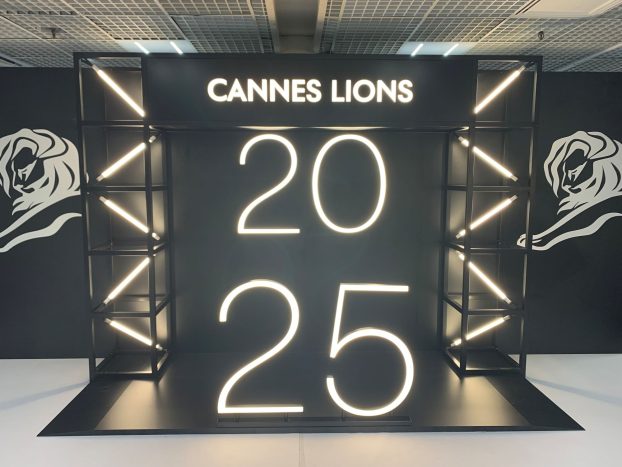Earlier this month, during a live interview on MuchMusic, a phone-in caller asked guest Neil Young, the legendary Canadian musician, what his feelings were today with respect to corporate sponsorship of rock music.
Young smiled wryly and said: ‘I guess we lost that one.’ Then he added with a laugh, ‘but it was a great fight, wasn’t it?’
For those who missed it, Young led a spirited battle during the 1980s and into the 1990s against corporate sponsorship of rock concerts. Like many people, he watched with distrust as large companies, particularly the major breweries, began moving in a big way into musical sponsorship, eventually becoming leading concert promoters.
The fear was that the corporations would impose their values on the artistic community, thus compromising the artists’ creative expression. Further, should suspicion arise that a musical artist was singing the tune of his or her corporate backers, the relationship between artist and audience could be tainted.
As for how he views corporate sponsorship today, Young allowed many musicians can get away with it because their fans don’t mind. But he said others still have to be careful because their relationships with their audiences would be undermined.
This leads to the question, ‘Should corporations be concerned that the audience might turn, not on the musician (although that’s possible), but on the company itself?’
During a press conference last month announcing the Bank of Montreal’s new mbanx interactive banking service, company chairman Matthew Barrett dismissed the idea that BoM could face a consumer backlash over the bank’s use in its advertising of Bob Dylan’s 1960s anthem The Times They Are A’ Changin’.
While even Barrett would have to concede that at least some of BoM’s customers are upset over the use of the song, he apparently feels secure that their numbers are not large enough to be cause for concern. But one wonders how thoroughly BoM did its research.
Certainly, corporations use popular music all the time to promote their products and services. From that perspective, the bank’s decision to tap, not just any song, but one of the best known and most emotionally evocative works of an era seems to make perfect sense.
Then againÉ
Dylan is one of those artists whose relationship with his audience runs extraordinarily deep. After more than a quarter century, he and his fans have traveled a long road together, and it would be cavalier to take their bond lightly.
Yes, Dylan sold out by granting BoM the right to use The Times They Are A’ Changin’ in its advertising, but how many in his audience can claim to have stumbled fewer times?
The relationship between Dylan and his audience is, arguably, strong enough that his fans will ultimately forgive him for his transgression.
One wonders whether they will be so quick to forgive the company that seduced him, a corporation that, some would argue, has tarnished a song that continues to resonate deep in their aging boomer hearts.























